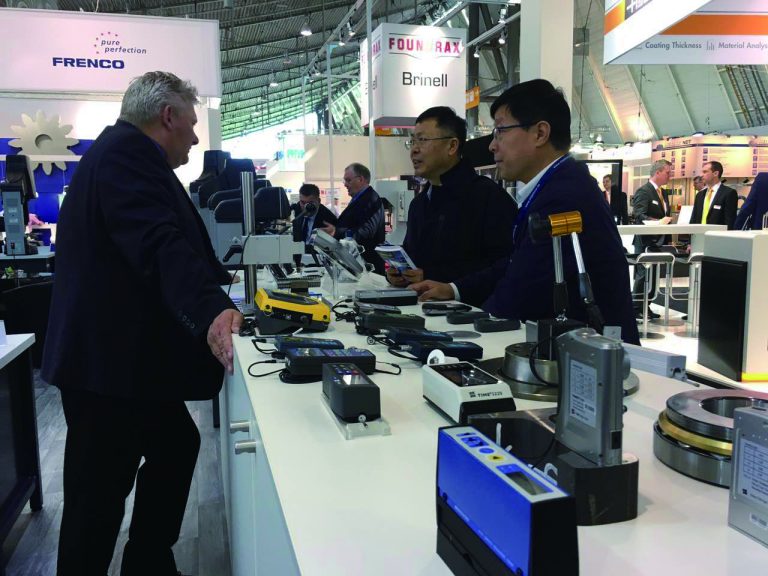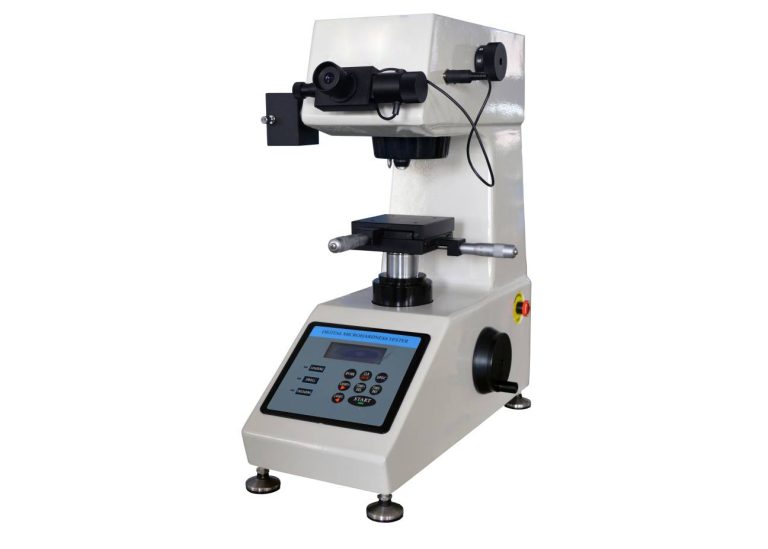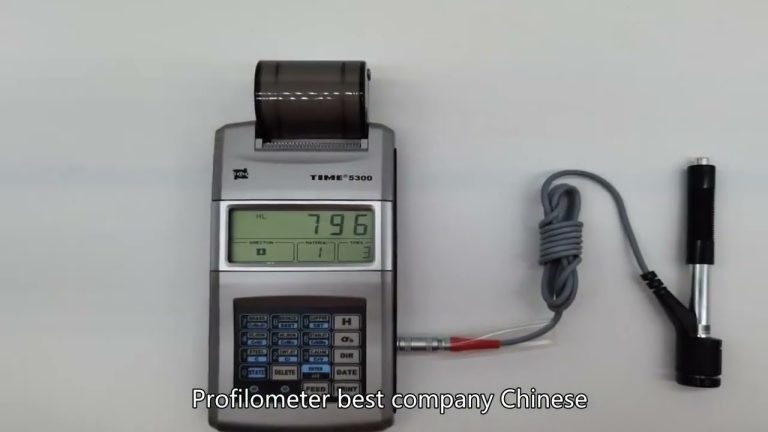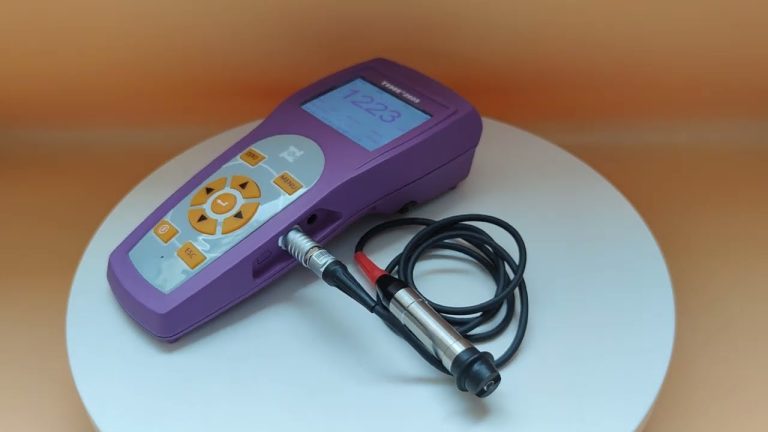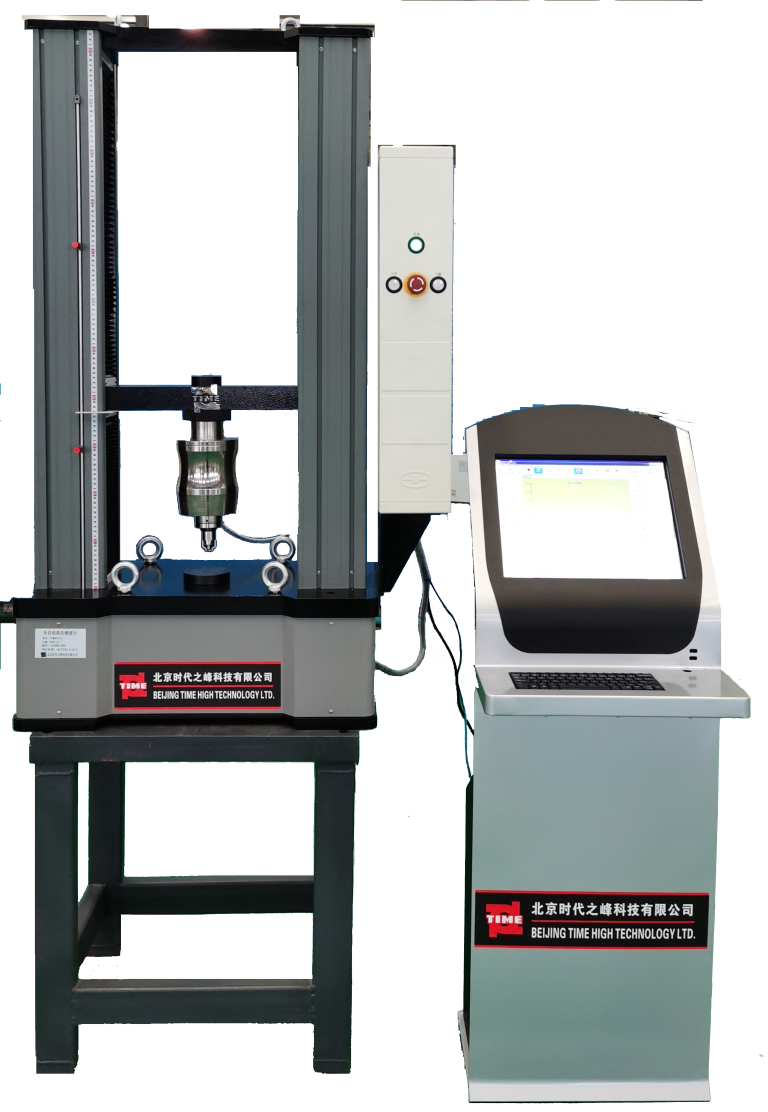The instrumentation industry has evolved significantly over the years, driven by the need for precise measurement and control in various fields such as manufacturing, healthcare, environmental monitoring, and research.

Early Beginnings
The roots of the instrumentation industry can be traced back to ancient civilizations. Early humans utilized simple tools for measurement, such as the sundial for timekeeping and the astrolabe for navigation. These primitive instruments laid the groundwork for more complex devices that would emerge in later centuries.
During the Renaissance, scientists like Galileo and Newton began to develop more sophisticated instruments, including the barometer and the thermometer. These inventions marked the beginning of a systematic approach to measurement, paving the way for the modern instrumentation industry.
The Industrial Revolution
The Industrial Revolution in the 18th and 19th centuries was a turning point for the instrumentation industry. As factories emerged and production processes became more complex, the demand for accurate testing instruments grew. Innovations such as the steam engine required precise measurements of temperature, pressure, and flow, leading to the development of gauges and sensors.
This period also saw the introduction of electrical instruments. The invention of the voltmeter and ammeter revolutionized the way electrical measurements were conducted, enabling better control and monitoring of electrical systems.
The 20th Century: A Technological Boom
The 20th century witnessed an explosion of technological advancements that transformed the instrumentation industry. The introduction of electronics in the 1940s and 1950s led to the development of sophisticated testing instruments, such as oscilloscopes and multimeters, which allowed for more complex analyses and measurements.
Moreover, the advent of computers in the latter half of the century revolutionized data collection and analysis. Instruments could now be integrated with software, enabling real-time monitoring and automation of various processes. This integration facilitated advancements in fields like aerospace, telecommunications, and pharmaceuticals, where precision and reliability are paramount.
he Rise of Automation and Smart Instruments
As industries progressed into the 21st century, the focus shifted towards automation and smart technologies. The emergence of the Internet of Things (IoT) has further transformed the instrumentation landscape. Testing instruments are now equipped with sensors that can communicate data wirelessly, allowing for remote monitoring and control.
Smart instruments have enhanced the ability to collect and analyze data, leading to improved decision-making processes in various sectors. For example, in healthcare, advanced diagnostic instruments provide real-time data that can improve patient outcomes and streamline workflows.
Current Trends and Future Directions
Today, the instrumentation industry continues to evolve, driven by trends such as miniaturization, increased accuracy, and sustainability. The development of portable and battery-operated testing instruments has made it easier to conduct measurements in the field, while advancements in materials science have led to more durable and reliable devices.
Looking ahead, the industry is likely to see further integration of artificial intelligence and machine learning, enabling predictive maintenance and advanced data analytics. As industries become more interconnected, the demand for innovative testing instruments that can ensure quality and compliance will only continue to grow.
The development history of the instrumentation industry is a testament to human ingenuity and the relentless pursuit of precision. From simple measuring tools to sophisticated smart instruments, testing instruments have become indispensable in various fields. As technology continues to advance, the instrumentation industry will undoubtedly play a crucial role in shaping the future of measurement and control, ensuring that we can meet the challenges of an increasingly complex world.

